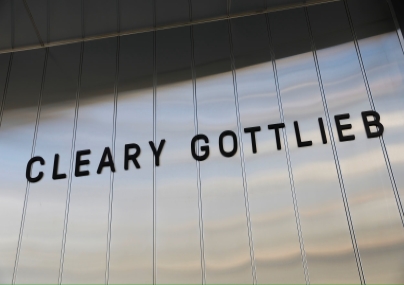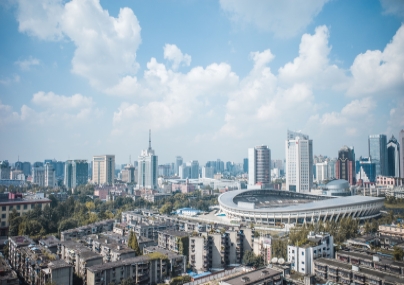China aims to "regulate" foreign non-governmental organisations (NGOs) under a law being discussed this week, state media said on Monday, which aims to step up supervision of the fast-growing sector.
China quietly began an investigation into the operations of NGOs several months ago, to prepare for tighter regulations, as part of a security drive ordered by a new national panel headed by President Xi Jinping.
The southern city of Guangzhou put in place a regulation in November to regulate NGOs with foreign funding, sparking fear among non-profit workers in the area of a crackdown.
The bill requires overseas NGOs to register with, and be approved by, authorities if they want to set up representative offices or operate temporarily, the official Xinhua news agency reported.
"The bill aims to regulate the activities of overseas NGOs in China, protect their legal rights and interests, and promote exchanges and cooperation between Chinese and foreigners," Xinhua said, citing deputy public security minister Yang Huanning.
All levels of government would have to "provide policy consultation, assistance and guidance for overseas NGOs so that they can effectively and legally operate in the mainland," Xinhua added.
"It is necessary to have a law to regulate, guide and supervise their activities," Yang said.
Xinhua provided no other details and it is not clear when the law would come into effect.
NGOs have mushroomed in China in recent years, and can have a confrontational relationship with the government, especially if they work with sensitive groups such as sex workers or drug addicts.
Many foreign NGOs also operate in China, though they have traditionally registered as businesses as the approval process is easier. Beijing has treated some with suspicion, worried they may try and spread foreign values.
While the government requires all NGOs to register, the process is often difficult, driving many Chinese and foreign NGOs to operate without proper authorization.
The national security commission was unveiled last year, and helps Xi's administration coordinate responses to domestic and foreign security challenges, including social unrest.
The government is also discussing a new national security law this week, Xinhua said, giving only a vague description of its contents.
Xi's government has launched a sweeping crackdown on freedom of expression and association since coming to power last year, including the jailing of anti-corruption activists who have pushed for officials to disclose their assets.


